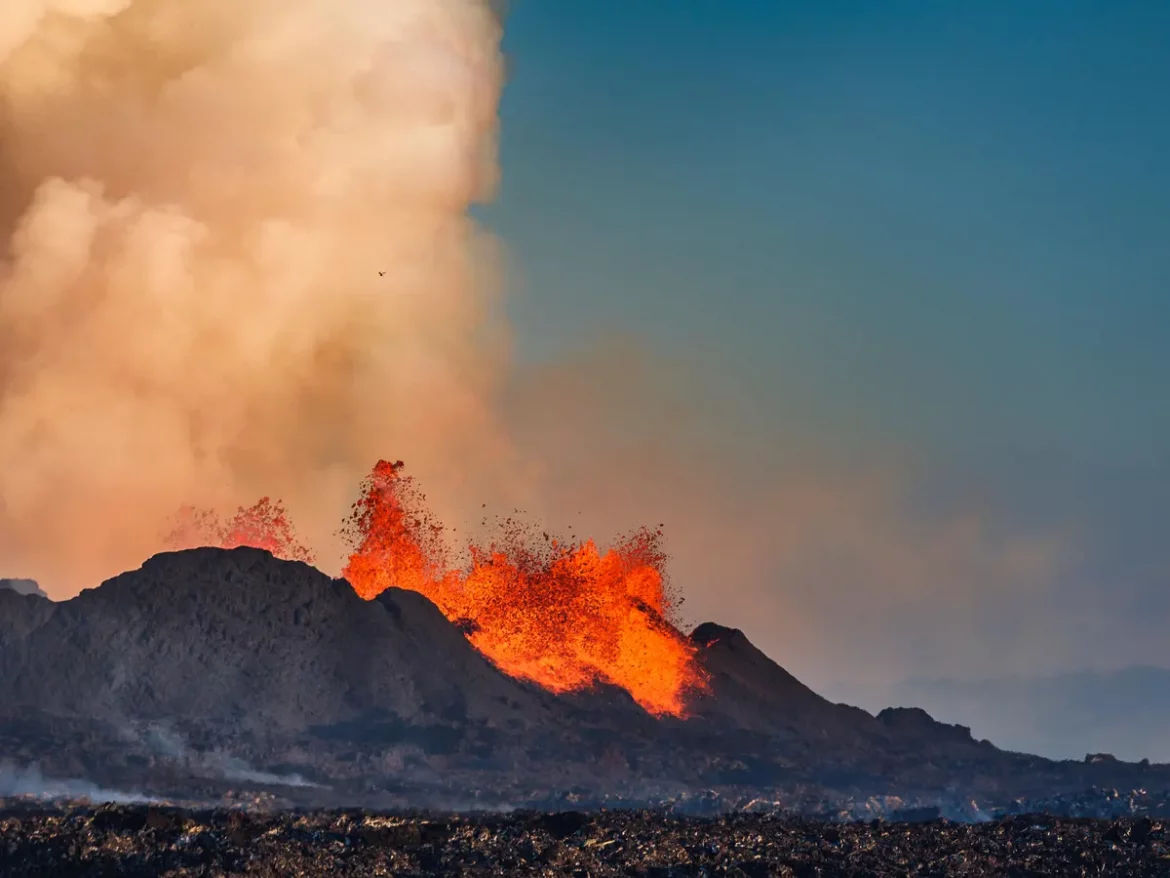A new study, published in Geophysical Research Letters, has found that explosive volcanic eruptions and wildfires have offset global heating by around a fifth over the last eight years.
The study found that the eruption of Calbuco in southern Chile in 2015 and the 2019-20 Australian wildfires injected vast amounts of smoke and gas into the high atmosphere, which helped to cool the planet by absorbing heat leaving the Earth and reflecting sunlight back to space.
To undertake the study, Pengfei Yu from Jinan University in China and his colleagues used data gathered by high altitude balloons over the Tibetan plateau and the US to model the cooling impact of stratospheric volcanic eruptions – those that inject ash into the high atmosphere – and wildfires.
Read also: Scientists find climate crisis made spate of Canada wildfires twice as likely
Their results show that these events have produced a greater than average amount of cooling in recent years. This is partly because there were more low-latitude events where smoke and gas is transported quickly around the globe by high-level winds and remains suspended for longer than events closer to the poles.
The study showed, however, that the rapid increase in greenhouse-gas warming means that the cooling effect from wildfires and volcanic eruptions is diminishing and cannot be relied on to offset global heating in the coming decades.
Story was adapted from the Guardian.
